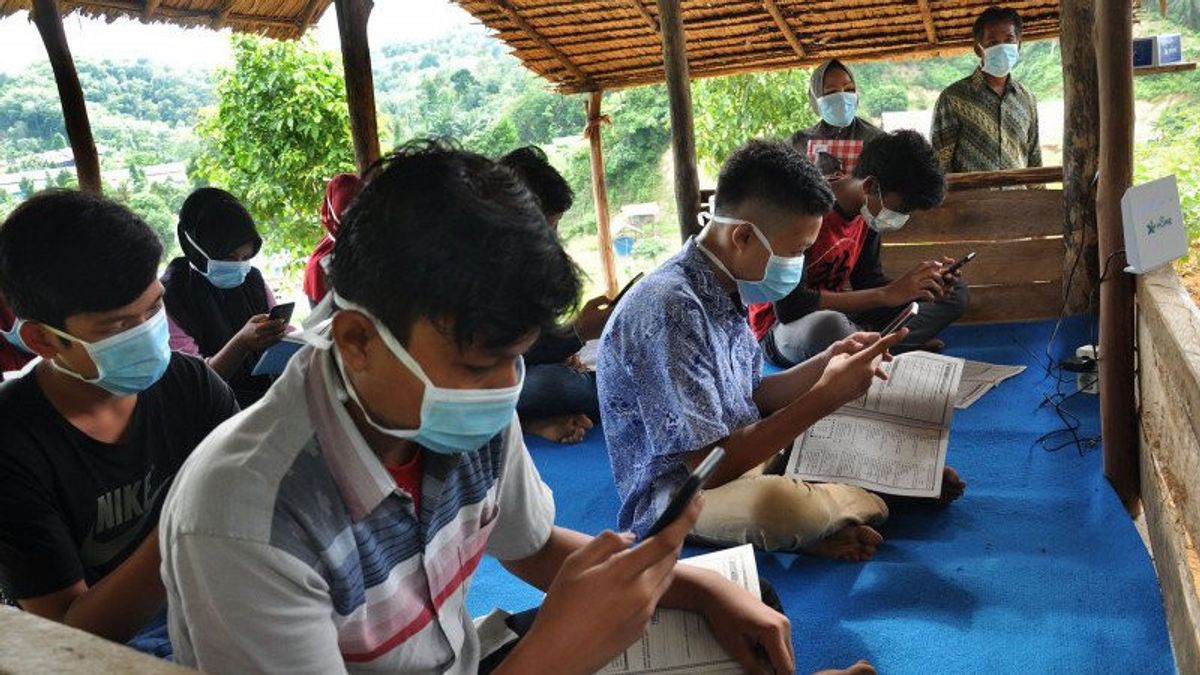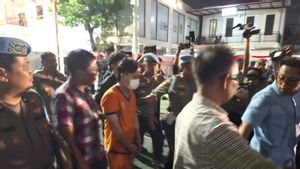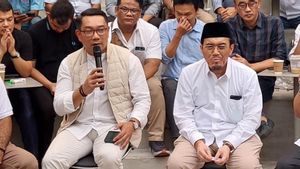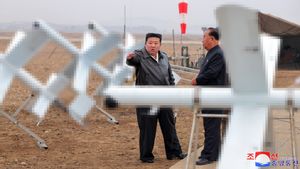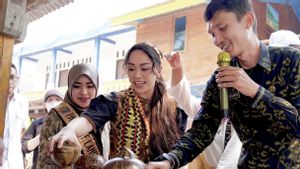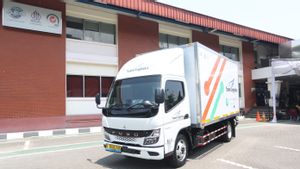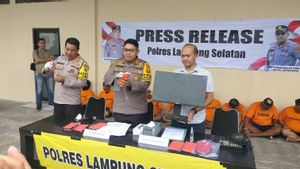JAKARTA - The National Consumer Protection Agency (BPKN) said internet access has become part of human rights so that it must be fulfilled properly by stakeholders.
This was said by a member of the BPKN Communication and Education Commission Heru Sutadi in an online discussion "Mapping the Challenges of Indonesia's Digital Infrastructure", Tuesday, February 21.
"What is clear is that internationally, internet access is part of human rights that must be fulfilled, both in cities and in rural areas. This is human rights and has been declared by the United Nations, namely the International Telecommunication Union," he said.
Since the COVID-19 pandemic, Heru said that technology and internet access play an important role so that people can continue to carry out various activities even though they are only from home.
"We can do work from home, learn from home. Imagine those who are untouched, many go up the mountain to look for signals, while if they go to school they are worried about being infected with COVID-19," he said, quoted by Antara.
Heru explained, according to a recent report by We Are Social and Meltwater entitled "Digital 2023", the number of internet users in Indonesia was recorded to have reached 212.9 million as of January 2023. This figure increased by about 5 percent or 10 million users from the previous year.
Indonesians spend more time on the internet than watching TV, based on the survey. It is proven that based on data, the average Indonesian internet user accesses the internet for 7 hours 42 minutes per day, while the time spent watching TV is only 2 hours 53 minutes per day.
"And what's interesting, we can see that Indonesian people who are on the internet are looking for information, it's 83 percent. Then look for ideas, inspiration and connect with family or friends," he added.
Technology and internet access are also very important for the current Indonesian economy. For example, the trend of online shopping has succeeded in keeping the wheels of the Indonesian economy moving.
Seeing this phenomenon, according to Heru, digital transformation is a must.
"Even though this pandemic is over, we almost every time we hear that there are new variants or for example there will be a new virus. If we don't prepare this (digital transformation), I'm afraid the Indonesian economy will fall apart, especially if we have a fairly large target, especially in 2045," he said.
Currently, there are around 12 thousand villages in Indonesia that do not have access to the internet, so Heru said, the main thing that must be done immediately is the acceleration of the expansion of access and improvement of digital infrastructure as well as the provision of internet services.
In terms of digital transformation, Heru considered that Indonesia was lucky because the people had a high curiosity about something new.
"Indonesia is a lucky country because the people are happy (want to know). There is TikTok, use TikTok. There is WhatsApp, use WhatsApp, from young to old people. It's no surprise that online motorcycle taxis and e-commerce here are developing. Mobile users alone are already 370 million," said Heru.
Heru hopes that all stakeholders can work together, including in terms of regulations issued by both the central government and local governments. The regulation is expected to support aspects of availability, affordability, quality and security so that digital transformation can run optimally.
"All Indonesian people also feel that they can easily find information, trade, become content creators and so on," he said.
The English, Chinese, Japanese, Arabic, and French versions are automatically generated by the AI. So there may still be inaccuracies in translating, please always see Indonesian as our main language. (system supported by DigitalSiber.id)
